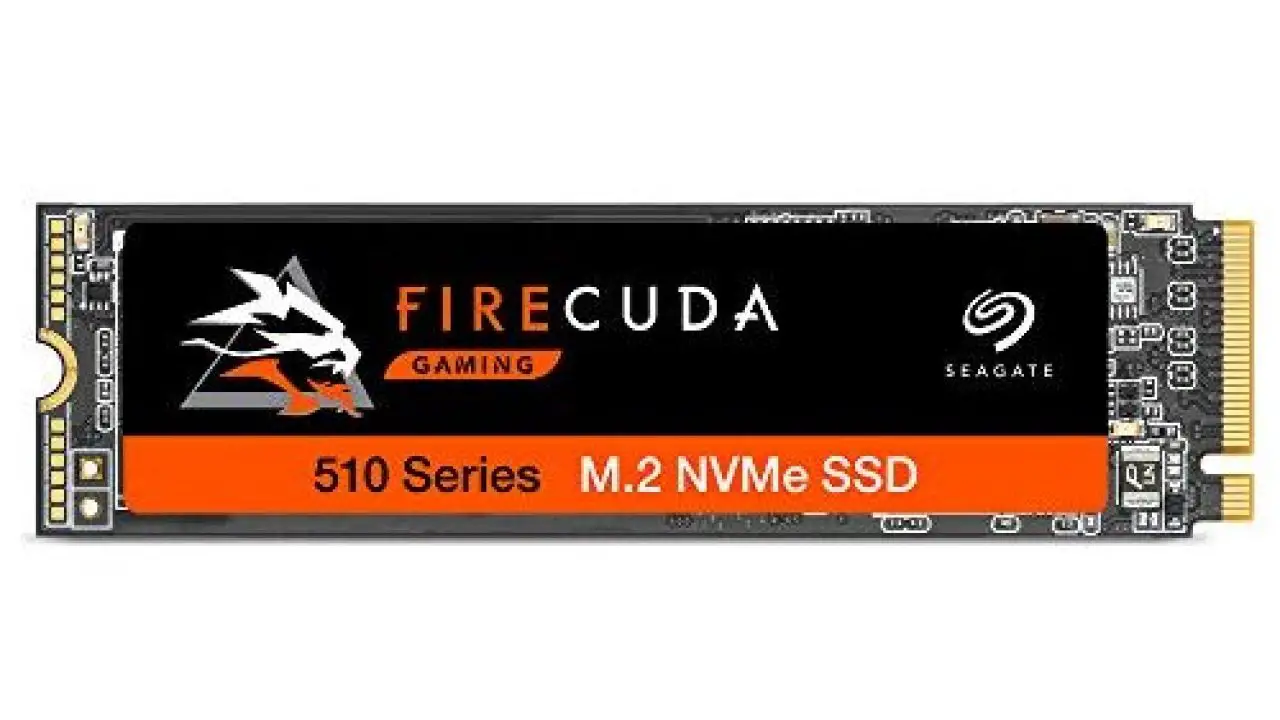In today’s digital age, businesses rely heavily on technology to carry out their day-to-day operations. One of the most critical components of any computer system is its storage device. Traditional hard disk drives (HDDs) have been around for decades and have served their purpose well. However, with the advent of solid-state drives (SSDs), businesses can take advantage of a faster, more reliable, and efficient storage solution. In this article, we will discuss the benefits of using an SSD in your business.
Faster Boot and Load Times
One of the most significant advantages of SSDs over HDDs is the faster boot and load times. An SSD can start a computer system in seconds, while an HDD takes minutes. Likewise, an SSD can load applications and files much faster, allowing employees to work more efficiently and productively.
Increased Data Transfer Speeds
SSDs offer much faster data transfer speeds than traditional HDDs. With an SSD, you can transfer large files and data much quicker, allowing you to work on and share projects faster. This is particularly useful for businesses that rely on data-intensive applications or transfer large files regularly.
Enhanced Reliability and Durability
Unlike HDDs, which use moving mechanical parts to read and write data, SSDs have no moving parts. This makes them more durable and reliable, as there is less risk of damage or failure due to shock, vibration, or movement. This is especially beneficial for businesses that operate in rough or demanding environments.
Lower Energy Consumption
SSDs consume less power than HDDs, making them more energy-efficient. This not only helps businesses reduce their energy bills but also minimizes the environmental impact of their operations.
Better Performance in Extreme Conditions
SSDs perform better than HDDs in extreme temperatures or high altitude conditions. This makes them an ideal storage solution for businesses that operate in harsh environments or have specialized needs.
Improved Multitasking Capabilities
With SSDs, businesses can run multiple applications and processes simultaneously without experiencing any slowdowns or delays. This allows employees to work more efficiently and complete tasks more quickly.
Increased Productivity and Efficiency
The faster boot and load times, improved data transfer speeds, and enhanced multitasking capabilities of SSDs result in increased productivity and efficiency for businesses. Employees can complete their work faster and with less frustration, allowing them to focus on other tasks.
Greater Cost-effectiveness
While SSDs are typically more expensive than HDDs, their cost-effectiveness should not be overlooked. The increased speed and efficiency of SSDs result in a higher ROI for businesses over time. The reduced need for maintenance, repairs, and upgrades can also save businesses money in the long run.
Compatibility with Various Devices
SSDs are compatible with a wide range of devices, including laptops, desktops, servers, and even mobile devices. This versatility makes them an ideal storage solution for businesses of all types and sizes.
Easier Maintenance and Upgrades
SSDs require less maintenance than HDDs and are easier to upgrade. This means that businesses can save time and money on maintenance and upgrades, allowing them to focus on other critical aspects of their operations.
Long-term Cost Savings
While SSDs may have a higher upfront cost, they can save businesses money in the long run. The improved speed, efficiency, and reliability of SSDs can result in reduced downtime, lower maintenance costs, and longer hardware lifespan. This means that businesses can enjoy a higher ROI on their investment in SSDs over time.
Enhanced Security
Data security is a critical concern for businesses, especially those that handle sensitive or confidential information. SSDs offer enhanced security features such as encryption and secure erase capabilities, making them a more secure storage solution than traditional HDDs.
Compatibility with Encryption
SSDs are compatible with various encryption technologies, making it easier for businesses to implement security measures to protect their data. This is particularly important for businesses that handle sensitive information or are subject to data protection regulations.
Conclusion
In conclusion, using an SSD in your business can provide numerous benefits, including faster boot and load times, increased data transfer speeds, enhanced reliability and durability, lower energy consumption, improved multitasking capabilities, increased productivity and efficiency, greater cost-effectiveness, compatibility with various devices, easier maintenance and upgrades, long-term cost savings, enhanced security, and compatibility with encryption. By investing in an SSD, businesses can improve their operations, reduce costs, and stay ahead of the competition.
FAQs
- How does an SSD improve multitasking capabilities? An SSD can read and write data much faster than an HDD, allowing for faster access to multiple applications and processes simultaneously, resulting in improved multitasking capabilities.
- How does an SSD enhance security? SSDs offer encryption and secure erase capabilities, making them a more secure storage solution for businesses that handle sensitive or confidential information.
- Are SSDs more expensive than HDDs? Yes, SSDs are typically more expensive than HDDs, but they offer higher speed, efficiency, and reliability, resulting in a higher ROI over time.
- Can SSDs be used with mobile devices? Yes, SSDs are compatible with a wide range of devices, including mobile devices.
- How does an SSD reduce energy consumption? SSDs consume less power than HDDs, making them more energy-efficient, resulting in lower energy bills and a reduced environmental impact.
